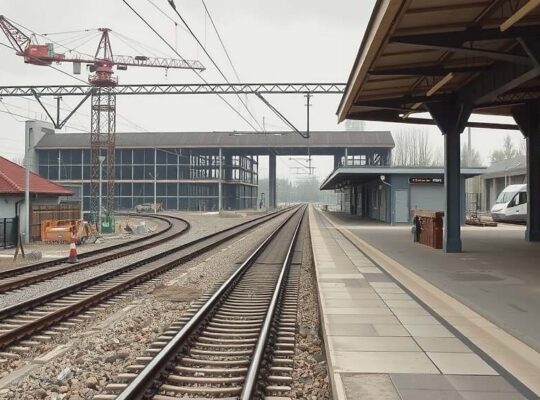A report by the German Federal Audit Court (BRH) has cautioned of a substantial funding gap looming within the Social Care Insurance (SPV) system, projecting a shortfall of €12.3 billion by 2029. The findings, detailed in a report sent to the Bundestag’s budget committee ahead of upcoming budget negotiations, highlight a concerning trend in the long-term financial stability of the care insurance sector.
According to the BRH’s assessment, based on figures provided by the Federal Ministry of Health (BMG), the Ministry itself anticipates a deficit of €3.5 billion for 2026 alone. This figure is projected to escalate to €12.3 billion by 2029.
The escalating financial pressures are attributed to a considerably faster-than-expected increase in the number of individuals requiring care services, coupled with limitations on the personal contribution rate for care provided in residential facilities. The report indicates that as of the end of 2024, 5.6 million members were in need of care, representing a 7.7% increase – equating to 400,000 individuals – compared to the previous year.
The BRH has voiced sharp criticism of current care policy approaches and urges a more accelerated pace of reform. A joint Federal-State working group, initiated by Federal Minister of Health Nina Warken (CDU), is scheduled to convene beginning Monday to develop the groundwork for a comprehensive reform package. The report emphasizes that the underlying causes of the crisis have been well-established for some time, with numerous reform proposals already existing. The principal challenge, it suggests, lies in the lack of political will to implement these proposals.
Furthermore, the BRH has expressed reservations regarding a proposed €2 billion credit line intended for the care insurance system in 2025 and 2026, as proposed by Federal Finance Minister Lars Klingbeil (SPD). The audit court contends that the loan provides merely a temporary solution and does not address the fundamental financial issues facing the SPV, asserting that a far-reaching and structural reform remains essential.












